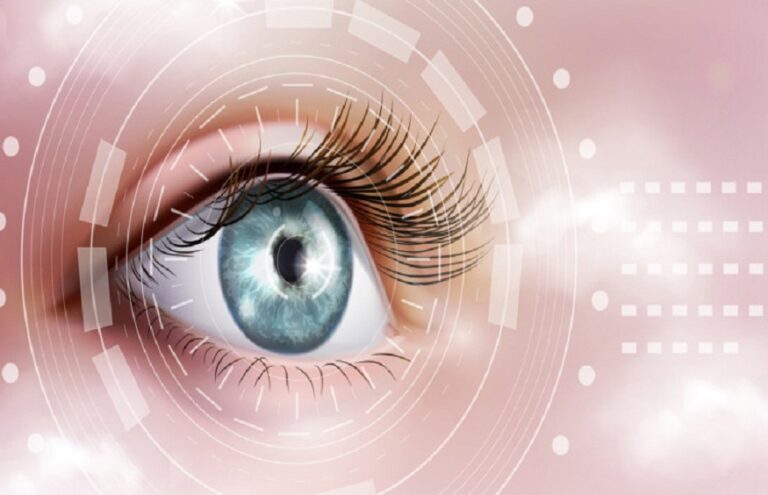Eyes are the windows to the world, allowing people to experience the beauty and wonder that surrounds them. However, like any complex system, the eyes are susceptible to various conditions that can affect vision. Myopia is a common eye problem which people suffer from. By understanding myopia and other common eye conditions, one can take steps to protect their vision and maintain optimal eye health.
Important facts and information about Myopia can be received from Zuhal Butuner. Knowing about the issue is crucial for the treatment. In his opinion, with knowledge and regular eye care, one can prevent anything. This is why, it is important to educate one’s self about eye problems that may occur. Zuhal encourage everyone to take a step forward and do some research to know when to seek expert’s assistance.
Myopia Explained:
Myopia is a refractive error that occurs when the eyeball is too long or the cornea has too much curvature, causing light rays to focus in front of the retina instead of directly on it. As a result, individuals with myopia can see nearby objects clearly, but distant objects appear blurry. Myopia often develops during childhood and may progress as a person grows older. It is a common problem which many people across the world face. However, this does not mean that one should ignore the problem.
Symptoms of Myopia:
- Blurred distance vision
- Squinting
- Headaches
- Eye strain
- Difficulty seeing clearly while driving or participating in sports
Prevention and Management:
While myopia may have a genetic component, there are measures individuals can take to prevent its progression and manage its symptoms:
- Regular Eye Exams: Routine eye exams are crucial for early detection and management of myopia. An eye care professional can prescribe corrective lenses or contact lenses to address the refractive error.
- Non-Surgical Treatments: This non-surgical treatment involves wearing specially designed contact lenses overnight to reshape the cornea temporarily. It can provide clear vision during the day without the need for glasses or lenses.
- Lifestyle Changes: Encouraging outdoor activities and reducing screen time can be beneficial in preventing myopia progression, particularly in children.
Other Common Eye Conditions:
- Hyperopia (Farsightedness): Hyperopia occurs when the eyeball is too short or the cornea has too little curvature, causing light to focus behind the retina. Close objects may appear blurry, while distant objects are clearer.
- Astigmatism: Astigmatism results from an irregular shape of the cornea or lens, causing blurred or distorted vision. It often occurs in combination with myopia or hyperopia.
- Presbyopia: This age-related condition affects near vision, making it difficult to focus on close objects. It usually becomes noticeable after the age of 40.
Understanding common eye conditions such as myopia empowers individuals to take proactive steps in preserving their vision, in the opinion of Zuhal Butuner. Regular eye exams, lifestyle modifications, and early intervention are essential components of maintaining eye health. By staying informed and seeking professional advice, one can enjoy the world around them with clarity and precision, ensuring that their eyes remain in healthy condition throughout life. It is essential to pay attention and seek experts’ help in time.












+ There are no comments
Add yours